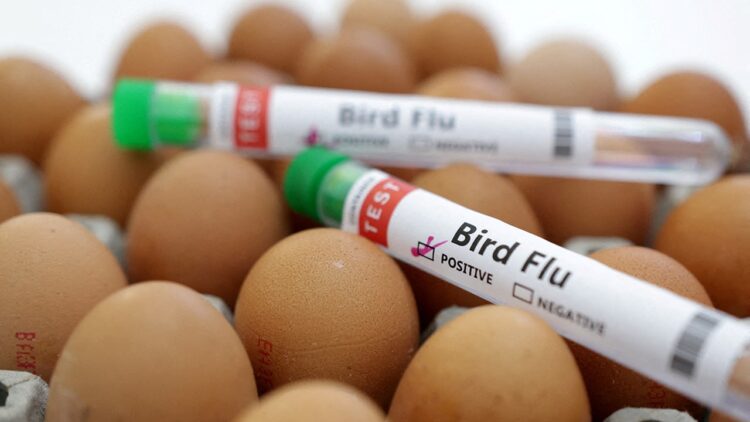Experts have raised the alarm for the upcoming bird flu pandemic, which could be 100 times worse than the COVID-19 pandemic and with a death rate of 50%.
H5N1 Bird Flu Pandemic

Read Also: Woman in Koramangala, Bengaluru, Chased by 3 Men in A Terrifying Incident
The issues raised concern during the briefing on the H5N1 strain of bird flu, where experts suggested that the virus might be approaching the critical stage and can outburst globally. H5N1 is a subtype of avian influenza Am, a group of related bird flu viruses. It has been considered highly pathogenic as it causes severe and often fatal illnesses in poultry.
While it mainly affects birds, it can also affect wild birds and occasionally mammals, including humans. This disease can be fatal in bird species, but in some cases, it can be mild or show no symptoms.
Dr. Suresh Kuchipudi, a bird flu researcher in Pittsburgh, says H5N1 can cause a pandemic, and we are getting incredibly close to this h5n1 bird flu pandemic. He added that we are not talking about a virus that could jump into the future; we are talking about the virus that is globally present, affecting a range of mammals and spreading slowly.
John Fulton, a pharmaceutical industry consultant and the founder of the Canada-based pharmaceutical company BioNiagara, also presented his concern regarding this bird flu pandemic. He said that this could be 100 times worse than the COVID-19 pandemic.
As per WHO, 52 out of the 100 people who have been diagnosed with H5N1 bird flu have died since 2003, with a total death of 462 deaths out of 887 cases.
The latest development comes after the avian flu outbreak this week at a poultry facility in Michigan and an egg producer in Texas. The virus is rapidly spreading across the five states of the country, including Idaho, Kansas, New Mexico, Michigan, and Texas. It is affecting millions of animals on both sea and land. However, the effects on humans are still low, but there are still mounting concerns.
The first case of H5N1 was detected in birds in China in 1996, and a year later, an outbreak was reported in Hong Kong, which resulted in 18 human cases, out of which six died from direct bird-to-human transmission.
To get more out of our exclusive news, Join us on our WhatsApp Channel, Facebook, and Instagram.















